The essential oil manufacturing business is growing at a rapid pace. With the increasing popularity of essential oils, more and more people are looking to start their essential oil businesses. If you’re thinking of starting your own essential oil business, there are a few things you need to know. This blog post will cover the basics of starting an essential oil business, including the licensing requirements and costs associated with starting such a business. We will also touch on the potential profits that can be made in the essential oil industry.
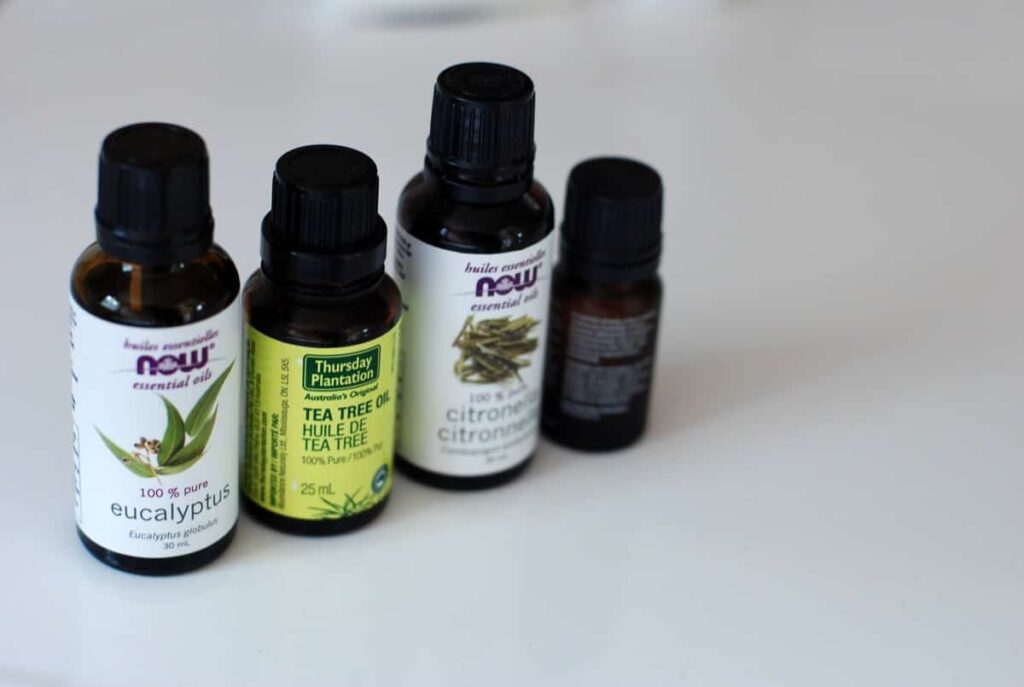
Essential oil manufacturing business plan
What is an essential oil?
It is a concentrated, volatile, aromatic liquid obtained from certain plants’ fruits, flowers, seeds, leaves, bark, or roots. Essential oils are used in various applications, including aromatherapy, cosmetics, and natural ingredients in household cleaning and personal care. Two main methods of extracting essential oils are steam distillation and cold pressing. Steam distillation is the most common method to extract essential oils from plant materials. Cold pressing is typically used to extract essential oils.
Essential oils are composed of various chemicals that give each oil its unique aroma and therapeutic properties. The main categories of chemicals found in essential oils are terpenes and esters. Terpenes are the largest group of chemicals found in essential oils and are responsible for most of an oil’s aroma. Esters are a smaller group of molecules that contribute to an oil’s fragrance and can also have therapeutic effects.
The process of manufacturing essential oils
Two primary methods of deriving essential oils are steam distillation and cold pressing. Steam distillation is the most common essential oil production method. This process involves using steam to break down the plant material and release the oils. The plant material is placed in a still and heated by boiling water.
In case you missed it: An Entrepreneur Earning 24 Lakhs from Cloud Kitchen: A Success Story of a Woman in India
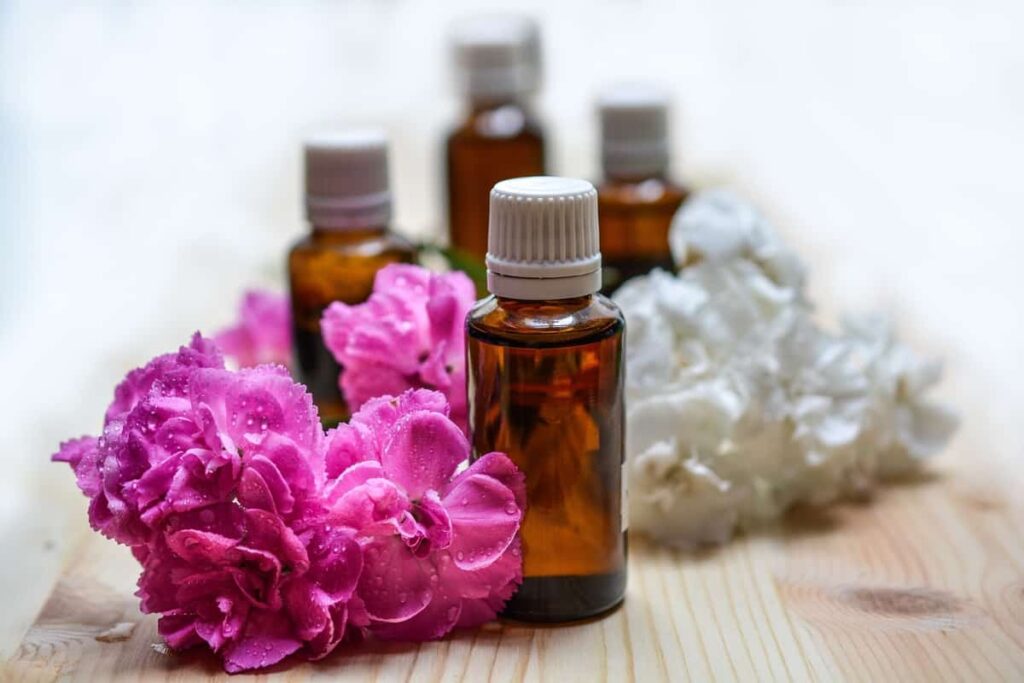
The steam rises and carries with it the oils from the plant material. The vapors are then condensed and collected, and the essential oils are separated from the water. Cold pressing is another common method for extracting essential oils, but it is typically only used for citrus fruits. This process involves mechanically pressing the fruit to release the oils. The essential oils are then separated from the pulp and seeds.
The cost of setting up an essential oil business
If you want to set up an essential oil business, there are some tips you need to consider before getting started. The most important factors are the cost of setting up your business. To get started, you will want to obtain a license from the government. The cost of this license will vary depending on the country you are in and the business type you want to set up. For example, in the United States, it can cost anywhere from $100 to $1,000.
Once you have your license, you must purchase equipment for your business. This equipment can range from distillation machines to packaging materials. The cost of this equipment will also vary depending on the size of your operation. Another important cost to consider is the price of raw materials. Essential oils are extracted from plants, so you must source these materials from suppliers.
In case you missed it: Palm Oil Production Business Plan: How to Setup for Good Profits
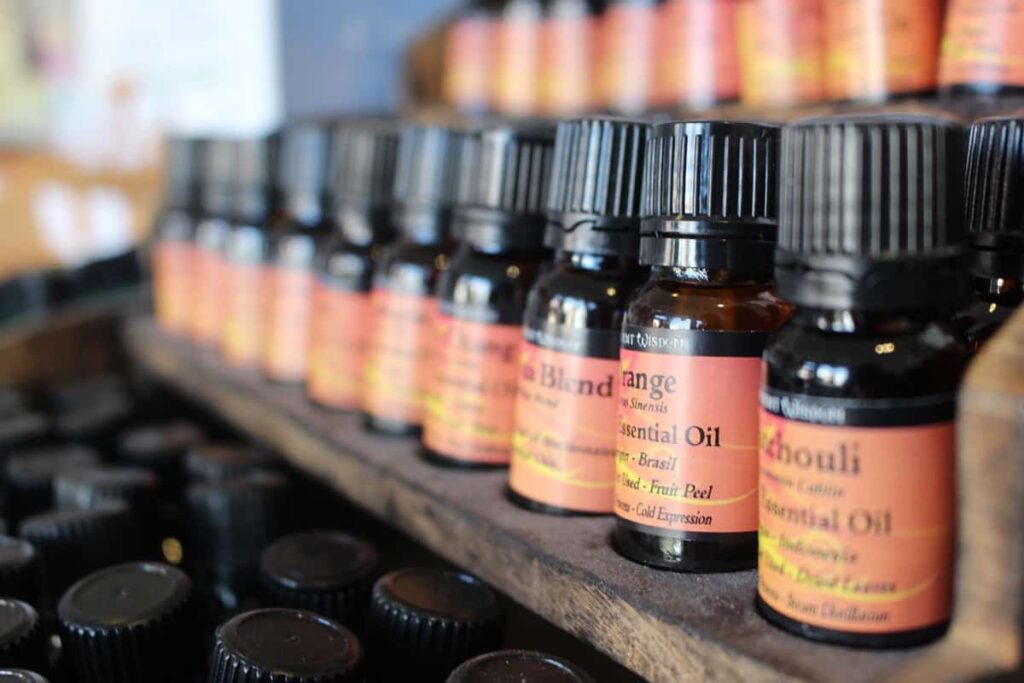
The price of these materials can change depending on the market and the time of year. Finally, you will need to factor in marketing and advertising costs. Again, these costs can vary depending on how you market your business and which channels you use. Setting up an essential oil business can range from a few hundred to thousand dollars. Therefore, it is important to research and understand all the costs before starting.
The profit potential of an essential oil business
The profit potential of an essential oil business is considerable. An essential oil business can be quite profitable with various products to choose from and many ways to market and sell them. Of course, as with any business, the level of success will vary depending on several factors. For example, the operation’s size and scope will impact profits, as will the quality of the products and the effectiveness of the marketing strategy. But with a well-run operation, profits can be significant.
There are several ways to generate revenue from an essential oil business. The most obvious is through the sale of finished products. This can be done through direct sales to customers or through retailers. Another way to generate revenue is through licensing agreements. This is where businesses pay to use your products in their operations. For example, a company might license your lavender oil for perfumes or cosmetics.
This can be a very lucrative arrangement, particularly if you have a unique or high-quality product. Finally, you can also generate revenue by selling raw materials to other manufacturers. This is usually done through wholesalers or distributors. This can be a particularly profitable avenue to explore if you have access to rare or unusual oils.
In case you missed it: Herbal Oil Project Report, Making Process
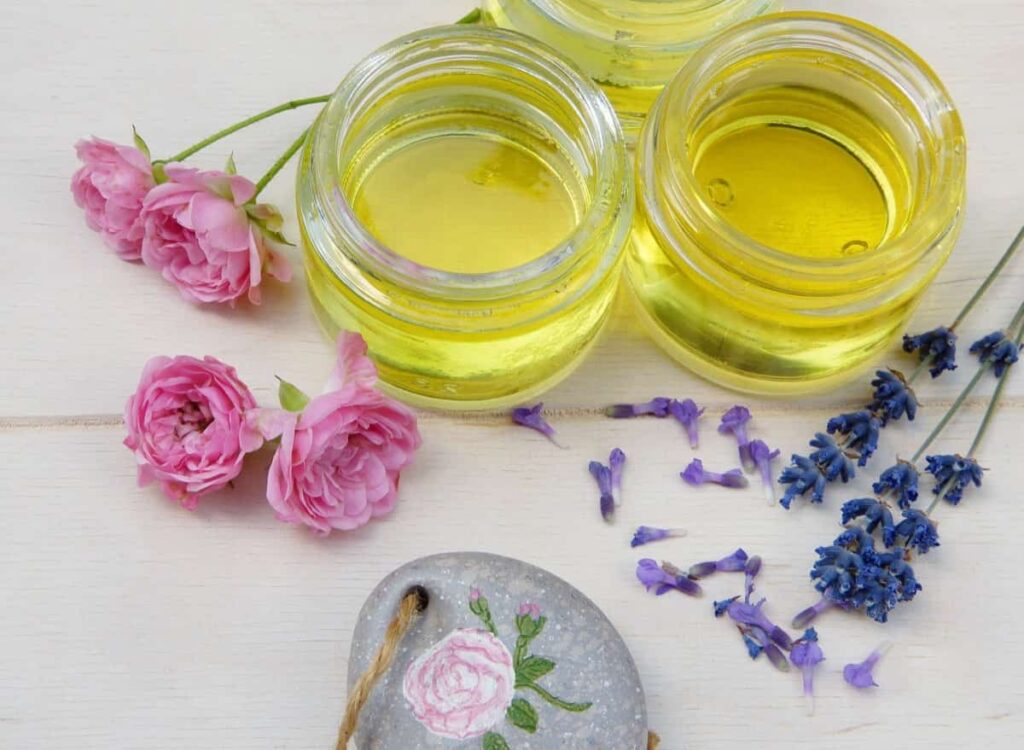
How to get started in the essential oil business
Firstly, you’ll need to obtain a license from the FDA. Next, you’ll need to purchase the necessary equipment and supplies. Finally, you’ll need to create a marketing plan. The first step in starting your own essential oil business is to obtain a license from the FDA. To do this, you’ll need to submit an application and pay a fee. Once you have your license, you can purchase the necessary equipment and supplies.
You’ll need to purchase some essential oils, bottles, and labels. You can either buy these items in bulk or purchase them individually. Once you have your supplies, you’ll need to create a marketing plan. This will involve creating a website or blog, and social media accounts. You’ll also need to create marketing materials, such as flyers and business cards.
Is essential oil production profitable?
There are different factors important if essential oil production is profitable. First, the cost of raw materials must be taken into account. Essential oils are typically extracted from plants, so the cost of the plants themselves must be considered. The cost of extracting the oils from the plants must be considered.
This includes the equipment needed to extract the oils and the labor required to operate it. The finished product’s price must also be considered when determining profitability. Generally, essential oils are sold by volume, so the price per unit will be a key factor in profitability. Finally, the demand for essential oils must be considered. If there is not a strong demand for essential oils, it may not be worth producing them.
Manufacturing license for essential oils
You must obtain a manufacturing license to start an essential oil manufacturing business. The cost of obtaining a manufacturing license can vary depending on the country where you operate your business. In the USA, for example, the cost of a manufacturing license can range from $100 to $1,000.
In case you missed it: Oregano Oil Project Report, Business Plan
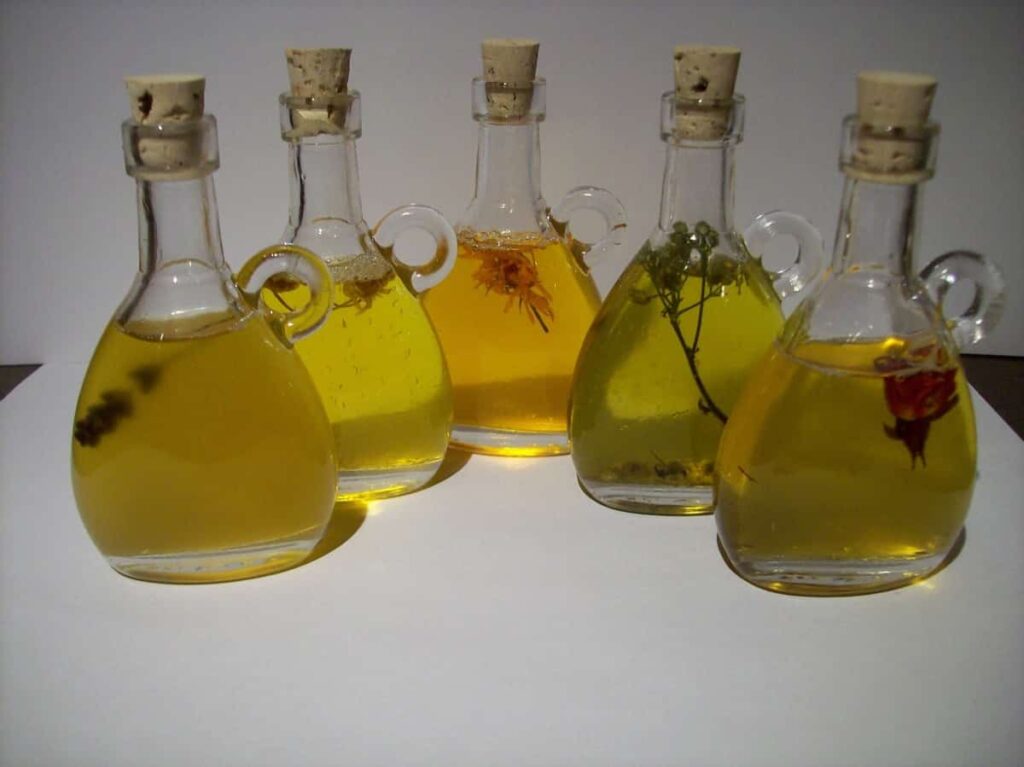
However, for the exact amount, check with your local licensing agent. The profit margin for an essential oil manufacturing business can be quite high, with some businesses reporting margins of up to 50%. This is because essential oils are used in various products, such as cosmetics, fragrances, and cleaning products.
Essential oil business model
The first step is to obtain a license from the FDA. The cost of this license will depend on the size of your operation and whether you plan to manufacture for wholesale or retail. You need to purchase equipment and supplies. The cost of these items will vary depending on the type of essential oils you plan to produce.
The third step is to find a market for your products. You can sell your essential oils wholesale to manufacturers or distributors or retail them through online stores or brick-and-mortar retailers. The profit margin for essential oils is typically around 50%. This means that for every $100 in sales, you can expect to make $50 in profit.
Do you need a license to sell essential oils?
No specific license is required to sell essential oils, but other regulations may apply depending on the state where you operate. For example, some states require all food and cosmetics businesses to obtain a license from the Department of Health. In addition to state-level requirements, it is important to check with the county government or local city to see if any business licenses or permits are required.
Even if a business license is not required, registering your business with the appropriate authorities is always a good idea. This will help ensure that you are operating legally and will make it easier to obtain any licenses or permits that may be required in the future.
Which essential oils sell the most?
It largely depends on customer demand and what oils are currently in fashion. However, some essential oils typically popular and sell well include lavender oil, peppermint oil, eucalyptus oil, and lemon oil. These oils can be used for various purposes, such as aromatherapy, massage therapy, or simply as a pleasant fragrance. Therefore, if you are considering starting an essential oil manufacturing business, it is important to research which oils are in high demand so that you can produce a product that will sell well.
What are common essential oils?
There are many different essential oils, each with unique smells and benefits. However, the most common essential oils include lavender, peppermint, eucalyptus, and tea tree. These essential oils can be used for many purposes: relaxation, stress relief, energy boosting, and more.
In case you missed it: Fennel Seed Oil Project Report, Business Plan
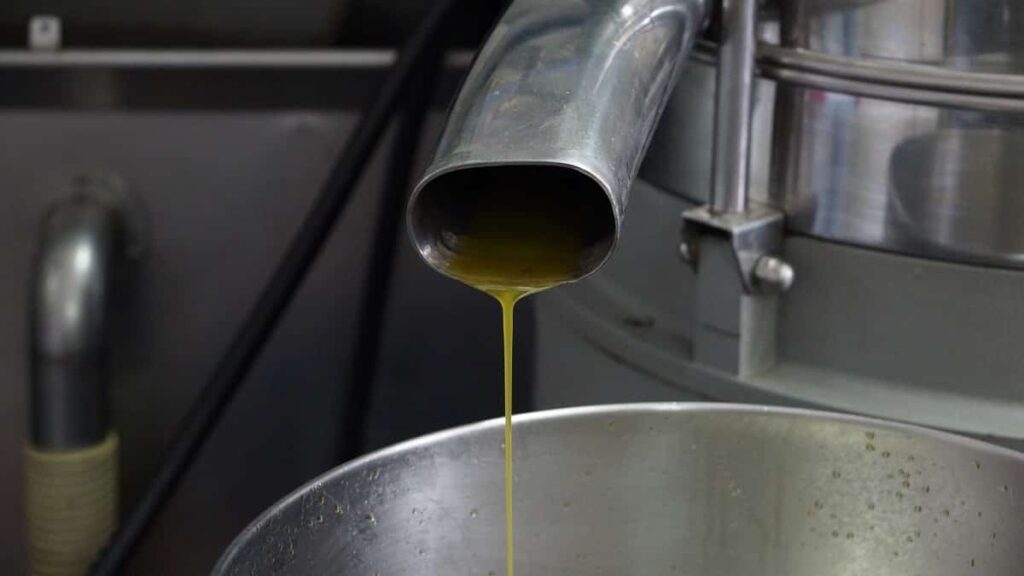
How long do essential oils last?
Essential oils are volatile compounds that evaporate and degrade over time. The time an oil remains, potent depends on several factors, including the type of oil, exposure to oxygen and light, and storage conditions. Most essential oils will last for 1-2 years when stored properly.
Conclusion
If you’re thinking about starting an essential oil manufacturing business, there are some points you need to remember. Firstly, you’ll need to obtain the proper licenses and permits from your local government. Second, you’ll need to factor in raw materials and equipment costs. And lastly, you’ll need to calculate your expected profits. With a little planning and research, you can start your own essential oil manufacturing business and be on your way to success.
- Handicraft Making at Home: A Small Profitable Business Idea
- Pet-Tech Startups: Innovations for Animal Lovers
- Tech Repair Services: Meeting the Demand for Gadget Maintenance
- Maximizing Rewards: Smart Credit Card Habits for Cashback and Points
- Ultimate Guide to Making Money from Goat Milk Business
- How to Start an Agricultural Value Added Product Business
- Value-Added Business Ideas for Greenhouse: The Best Ways to Make Profits with Greenhouse Farming
- How to Make Profits with Organic Country Chicken: Best Strategies for Beginners
- 10 Value-added Business Ideas for Millets: Low-investment and Highly Profitable
- Why Cleaning Service Business Becoming More Profitable in Metro Cities in India
- 10 Best Businesses to Start in Ayodhya for Profits
- Top Drone Business Ideas in India: Unlocking Aerial Innovation & Opportunities
- Top 10 Service Businesses You Can Start with No Money
- Ultimate Guide to Starting a Home-Based Advertising Agency Business
- Starting a Nail Salon Near Your Location: Check List, Business Plan, Licensing, and Opening Instructions
- Construction Company Name Ideas: Guide to Create New Construction Company Names
- 8 Best Small Businesses to Start in Hyderabad: Low-Cost and Profitable
- 10 Best Small Businesses to Start in Massachusetts: Low-Cost and Profitable
- 10 Best Small Businesses to Start in Maryland: Low-Investment and Profitable
- 10 Best Small Businesses to Start in Delaware: Low-Investment and Profitable
- 10 Best Small Businesses to Start in Connecticut: Low-Investment and Profitable
- Top 10 Best Online Pet Business Ideas: Exploring Cats to Dogs
- 10 Best Small Businesses to Start in Colorado: Low-Investment and Profitable
- Top 10 Profitable Small Business Ideas in California: Low-Investment Tips
- From Little Rock to Fayetteville: Top 10 Profitable Small Business Ideas in Arkansas
- Top 10 Profitable Small Business Ideas in Alabama: Discover Opportunities in Alabama’s Growing Cities
- Top 10 Profitable Small Business Ideas in Arizona: Discover Opportunities in Arizona’s Growing Cities
- Golf Business Ideas: Exploring Golf Course Money Making Ideas
- Low Capital Profitable Small Farm Ideas: Farming Ideas to Make Money
- How to Write a Business Plan for Daycare: Exploring from Financial Projections to Risk Management
- Home Daycare License Requirements: Exploring State-wise In-home Daycare Requirements
- How Profitable is Day Care Business: How Much Does a Daycare Owner Make a Month or Year?
- How to Open a Daycare Center in Toronto, Canada: Business Plan, Licenses and Permits
- How to Start Meal Prep and Delivery Services: A Popular Business Idea
- How to Start a Milk Chilling Plant Business
- How to Start Coconut Shell Charcoal Business: Business Plan for Maximizing Profits
Thank you for your support
i want more explanation of essential oil businesse